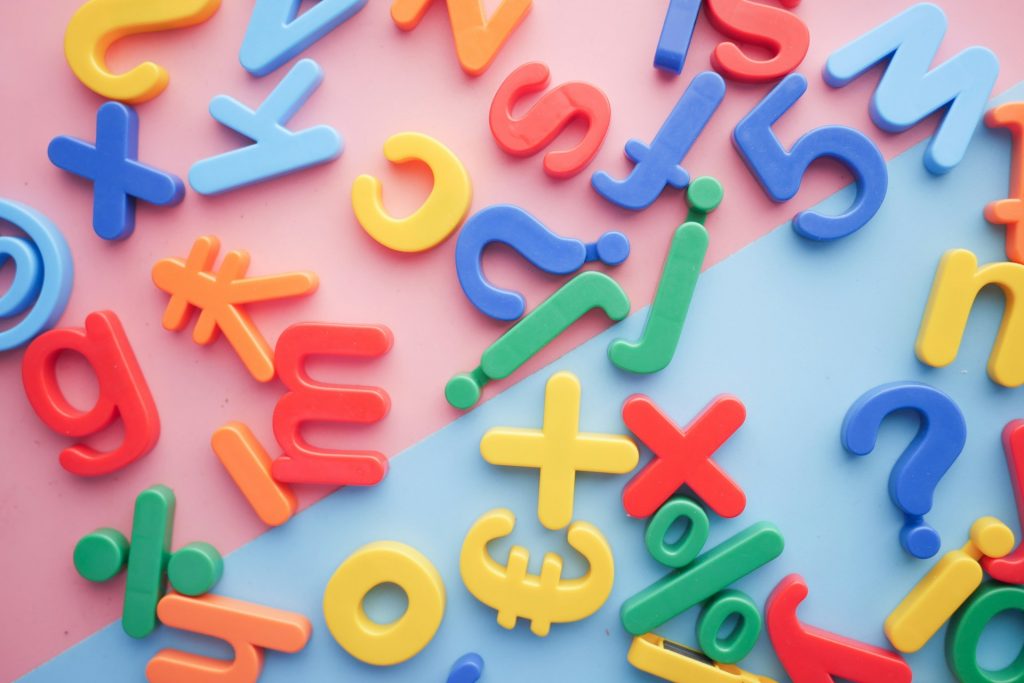Learning a new language can be a gateway to new cultures, experiences, and even job opportunities. But how do you make the process quicker and more efficient? Here are five scientifically-backed methods to help you master a new language faster than ever.

The Benefits of Learning a New Language
Before diving into the methods, let’s explore why learning a second or third language can be incredibly beneficial:
- Easier Travel: Being able to converse in the local language opens up more authentic experiences and connections.
- Enhanced Brain Power: Learning a new language improves cognitive abilities and brain function.
- Gateway to Other Languages: Many languages share roots, making it easier to learn additional languages.
- Boosted Creativity and Problem-Solving: Bilingual individuals often show higher creativity and better problem-solving skills.
- Career Advancement: Employers highly value bilingual skills, which can lead to better job opportunities, including positions abroad.
- Broadening Entertainment Options: Enjoy a wider range of media, from foreign films to literature.
- Slowing Down Aging Effects: Studies indicate that learning multiple languages can reduce the risk of dementia and delay Alzheimer’s.
- Improved Academic Performance: Language learners tend to perform better academically overall.

Why Some People Learn Languages Faster
Many bilingual and trilingual individuals excel because they started learning as children. Alissa Ferry, a lecturer at the University of Manchester, notes, “There is evidence that bilinguals learn additional languages faster because they have more diverse language knowledge and skills at switching between languages.”
However, it’s not just about being young. Dr. Sandra Kuhlman from Carnegie Mellon University explains that our brains have “gatekeeper circuits” that regulate neural connections. In children, these circuits are more receptive, making it easier for them to absorb new languages. As we age, these gatekeepers become more restrictive, slowing down the process.
But don’t worry—there are ways to hack this system and learn a language quickly, even as an adult. Here are five methods to help you do just that:
1. Immerse Yourself
Remember those language classes where the teacher insisted on speaking only in the target language? That method works for a reason. Immersion forces you to use the language in real-life situations, making it sink-or-swim.
Emily Sabo, a PhD student in Linguistics at the University of Michigan, says, “Circumstantial learners, like immigrants who need to learn a new language to survive, often pick it up faster because they have no choice.”
To immerse yourself, try:
- Traveling to a country where the language is spoken.
- Joining language exchange meetups.
- Setting your phone and computer to the new language.
- Practicing with native speakers online or in person.
2. Spaced Repetition Learning
Spaced repetition is a technique that involves reviewing material at gradually increasing intervals. This method enhances long-term memory and prevents overload.
Gabriel Wyner, in his book “Fluent Forever,” explains, “Practicing for 30 minutes a day using spaced repetition can help you learn and retain 3,600 flashcards with 90% to 95% accuracy in four months.”
Tools like Anki and Quizlet are great for implementing spaced repetition. Create flashcards for vocabulary, grammar, and pronunciation, and review them consistently.
3. Diglot Weave Method
The Diglot Weave method involves mixing words from the target language into sentences in your native language. Gradually increase the number of foreign words until entire sentences are in the new language.
Research shows this method can significantly improve vocabulary retention and comprehension. For example, start with:
- English: “I went to the supermercado.”
- Next Step: “I went to the supermercado to buy pan.”
Gradually, your brain adapts, making the learning process more natural and less overwhelming.
4. Music and Movies
Music and movies are fantastic tools for language learning. Songs, with their repetitive and catchy nature, help reinforce vocabulary and pronunciation. Choose songs with clear lyrics and simple vocabulary, like children’s songs or popular hits.
For movies, try:
- Watching without subtitles to focus on the language.
- Watching familiar movies dubbed in the new language.
- Listening to dialogue repeatedly to improve comprehension.
Apps like Spotify and Netflix can provide lyrics and subtitles to aid in your learning.
5. Five Principles and Seven Actions
Chris Lonsdale’s method, outlined in his TEDx talk, combines various techniques to accelerate language learning. Here are his five principles and seven actions:
Principles:
- Focus on relevant content: Learn words and phrases you’ll use often.
- Use the language from day one: Start speaking immediately.
- Understand before learning: Focus on comprehension before memorization.
- Physiological training: Engage in activities that promote language learning.
- Maintain a positive psychological state: Stay motivated and confident.
Actions:
- Listen a lot: Surround yourself with the language.
- Focus on meaning: Prioritize understanding over perfect pronunciation.
- Start mixing: Use new words in different combinations.
- Focus on the core: Learn the most frequently used words and phrases.
- Get a language parent: Find a native speaker to guide you.
- Copy the face: Mimic the mouth movements of native speakers.
- Connect to mental images: Associate words with visual images.
By integrating these principles and actions, you can streamline your language learning process and achieve fluency faster.

Learning a new language may seem daunting, but with the right methods, it can be an exciting and rewarding journey. Whether you immerse yourself, use spaced repetition, try the Diglot Weave method, enjoy music and movies, or follow Lonsdale’s principles, you can master a new language quicker than you ever thought possible. So why wait? Start today and unlock a world of new opportunities!





